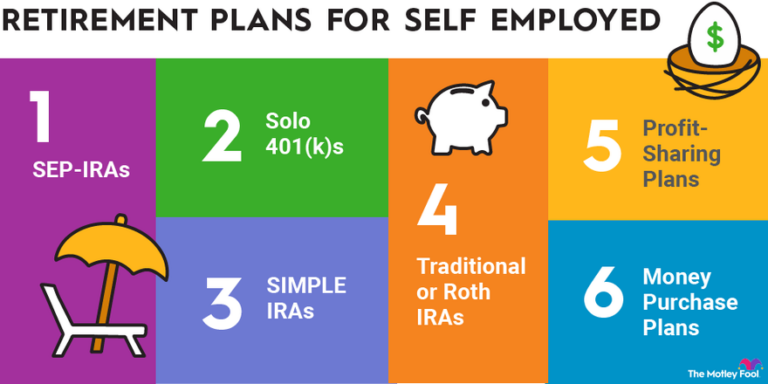Best Finance Books for Investors: Unlock Your Investment Potential
Investing is an art that requires knowledge, strategy, and discipline. As the financial world becomes more complex, it’s essential for investors to stay informed and educated. Whether you’re just starting your investment journey or looking to refine your strategy, the right finance books can provide invaluable insights. The following list of the best finance books for investors will guide you through proven methodologies, risk management techniques, and success stories that will empower you to make smarter financial decisions. Let’s dive into these must-read resources for every investor.
The Intelligent Investor by Benjamin Graham – The Classic Investment Guide
Benjamin Graham’s The Intelligent Investor is often regarded as the Bible of value investing. With timeless wisdom, Graham explains how to approach investing with discipline and rationality, emphasizing the importance of long-term planning and avoiding emotional decision-making. For investors seeking to understand the philosophy of value investing, this book is an essential resource.
Common Stocks and Uncommon Profits by Philip Fisher – Unlocking Growth Potential
In Common Stocks and Uncommon Profits, Philip Fisher explores the nuances of investing in growth stocks. The book introduces a framework for identifying businesses with strong growth potential by analyzing management quality, competitive advantage, and the company’s future prospects. It’s a must-read for investors looking to expand beyond traditional value stocks and into growth investing.
A Random Walk Down Wall Street by Burton G. Malkiel – A Guide to Modern Portfolio Theory
Burton G. Malkiel’s A Random Walk Down Wall Street challenges conventional thinking by emphasizing the importance of diversification and efficient market theory. This book provides a comprehensive guide to understanding market behavior, offering investors valuable insights into both traditional and alternative investing strategies. Whether you’re new to investing or a seasoned expert, Malkiel’s book offers accessible yet profound investment wisdom.
Rich Dad Poor Dad by Robert Kiyosaki – Financial Independence and Building Wealth
In Rich Dad Poor Dad, Robert Kiyosaki shares lessons from his two “dads” his biological father and his best friend’s father highlighting the differences in their approaches to money and investing. Kiyosaki teaches that true financial freedom comes from building assets, understanding cash flow, and becoming financially literate. This book is ideal for investors looking to change their mindset and build wealth through entrepreneurship and real estate.
The Little Book of Common Sense Investing by John C. Bogle – Embracing Index Funds
John C. Bogle, the founder of Vanguard Group, wrote The Little Book of Common Sense Investing to emphasize the value of low-cost index funds for long-term investors. Bogle’s argument for index investing over actively managed funds has influenced millions of investors. This book is an excellent starting point for anyone interested in a straightforward, low-risk investment strategy focused on steady growth.
FAQs
1. What is value investing?
Value investing is a strategy that involves buying stocks that appear to be undervalued by the market. Investors using this approach typically focus on companies with strong fundamentals but a temporarily low market price.
2. How can I choose the best growth stocks?
Look for companies with solid financial health, innovative products or services, and a strong competitive advantage. Analyzing management quality and future growth potential are key factors in identifying promising growth stocks.
3. What is the Efficient Market Hypothesis (EMH)?
EMH suggests that asset prices always reflect all available information, making it impossible to “beat the market” consistently through stock picking or market timing.
4. What is the benefit of index investing?
Index investing allows you to invest in a broad market or sector, offering diversification and lower fees compared to actively managed funds. It is a passive investment strategy with a long-term horizon.
5. How do I develop a long-term investment strategy?
Start by setting clear financial goals, diversifying your portfolio, and maintaining a disciplined approach. Focus on consistent, long-term growth rather than short-term market fluctuations.

